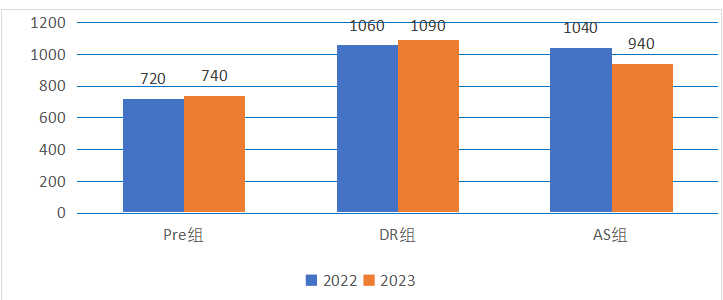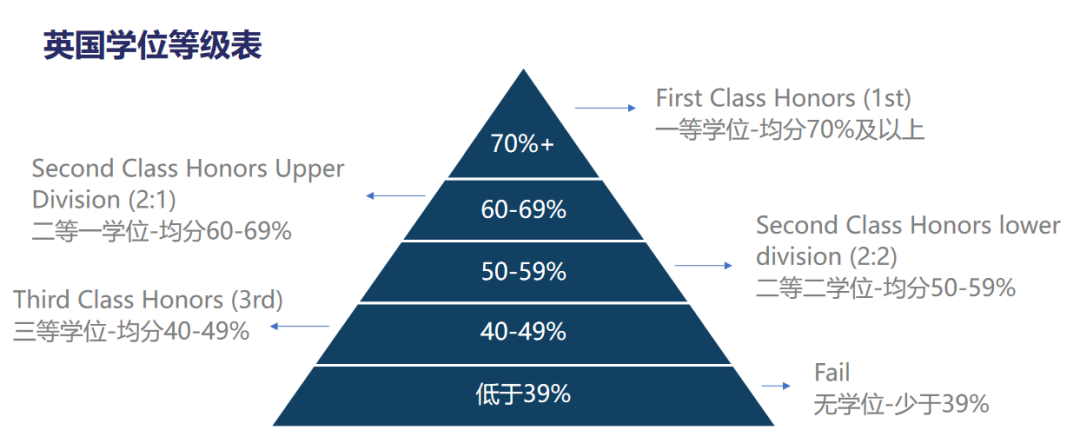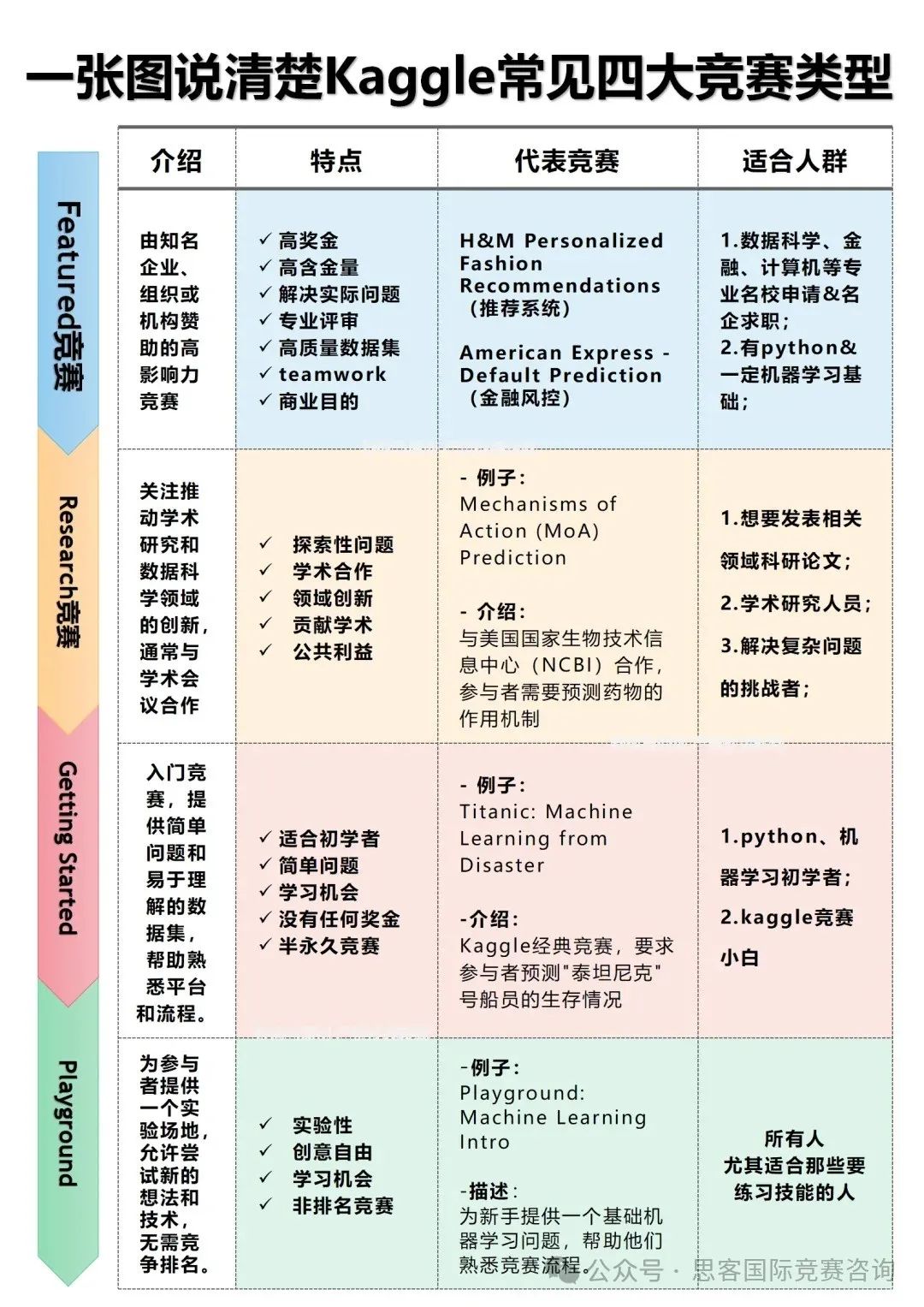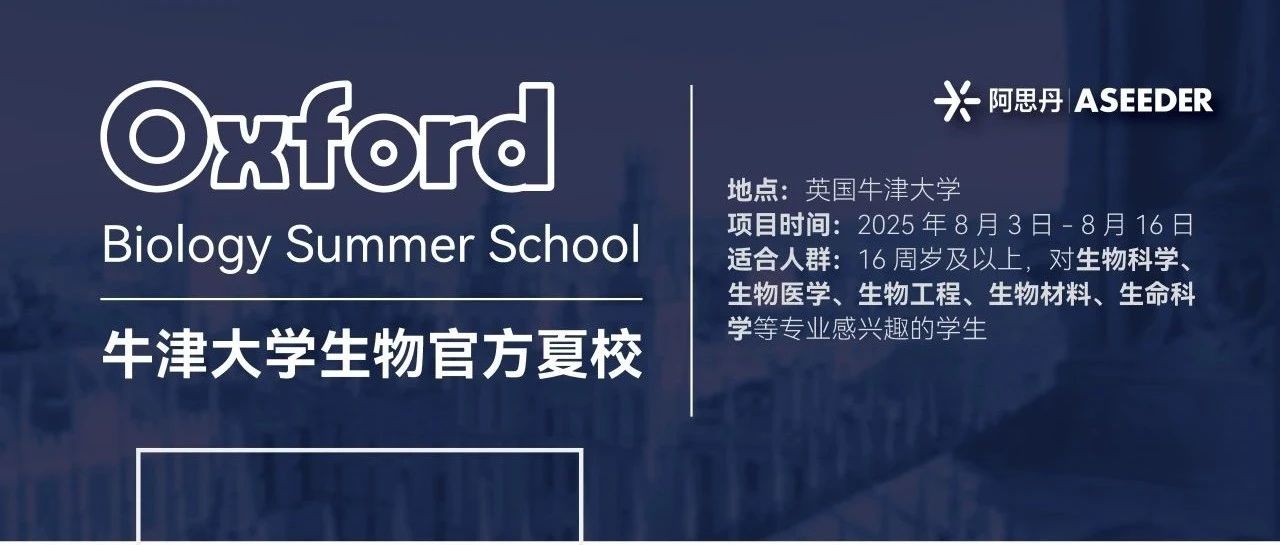芝加哥大学以“烧脑文书”著称,每年都会要求申请者解答一些“脑洞大开”的问题。
目前,芝加哥大学2024-2025申请季附加文书题目已新鲜出炉,今年芝大又恢复了Extended Essay六选一,这不走寻常路的作风,真的很芝大!
一起来看看今年的文书题目到底有多怪多有趣吧!
问题1:必填Question 1 (Required)“How does the University of Chicago, as you know it now, satisfy your desire for a particular kind of learning, community, and future? Please address with some specificity your own wishes and how they relate to UChicago.
译文:
根据你目前所了解的,芝加哥大学如何能满足你对特定类型学习、社区和未来的渴望?
请具体阐述一下你自己的愿望,以及它们与芝加哥大学的关系。
解读:这是一篇比较典型的why school的文书,一篇应该充满关于学校的细节以及学生希望如何为学校贡献自己独特魅力的文章。
它不应该包括可以在旅游和信息会议上学习的有关芝加哥大学的通用信息。
比如大家都知道它是全美第一经济系的所在地。避开这个,写一些新的东西,而不是重复你在校园访问中提供的信息!
写好这篇文章的关键就是要向招生官展示芝大的资源是如何在最大程度上满足你对学习氛围、社区和未来的期望。“satisfy your desire for a particular kind of learning, community, and future” 。
因此,在写这篇文书的时候,不能只是单纯“夸”芝大或者自己,而是要解释为什么自己匹配芝大、具体在哪方面匹配。
比如,写“自己喜欢学科A与学科B的跨学科研究,高中期间做过类似的活动,而芝大刚好提供了这么一个独特的课程/项目/社团”,就要比单独写“芝大可以满足我的学术兴趣”生动得多。
一篇好的why school文书往往都是具体展现你与这所学校的“深厚情缘”,而不是临时拍脑袋做决定。
建议对芝大感兴趣的同学们可以利用暑期时间多浏览芝大官网,看看有没有感兴趣的项目:https://www.uchicago.edu/
问题2:拓展性文书(必填,选择一个)Question 2: Extended Essay (Required; Choose one)“Essay Option 1 We’re all familiar with green-eyed envy or feeling blue, but what about being “caught purple-handed”? Or “tickled orange”? Give an old color-infused expression a new hue and tell us what it represents.– Inspired by Ramsey Bottorff, Class of 2026
译文:
我们都熟悉用" 绿眼睛"表达“嫉妒”或用“蓝色”表达"情绪低沉",但你听说过"被抓到手染紫色"或者"被逗乐到有些发橙"这样的说法吗?
请给一个带有颜色元素的老套说法赋予新的色彩内涵,并告诉我们它所表达的意义。
——灵感来自 Ramsey Bottorff, 2026级
“Essay Option 2 "Ah, but I was so much older then / I'm younger than that now” – Bob Dylan. In what ways do we become younger as we get older?– Inspired by Joshua Harris, Class of 2016
译文:
“啊,那时我老得多 / 现在我比那时年轻” —— Bob Dylan。
随着年龄的增长,我们在哪些方面会变得更年轻?
——灵感来自 Joshua Harris, 2016级
“Essay Option 3 Pluto, the demoted planet. Ophiuchus, the thirteenth Zodiac. Andy Murray, the fourth to tennis's Big Three. Every grouping has something that doesn’t quite fit in. Tell us about a group and its unofficial member, why (or why not) should it be excluded?– Inspired by Veronica Chang, Class of 2022
译文:
冥王星,这颗被降级的行星。蛇夫座,第十三个星座。安迪·穆雷,网球大满贯三巨头里的第四人。
每个群体(集合)中总会有那么一个“异类”的成员。
请讨论一个群体(集合)及其非正式成员,请说明它是否应该被排斥在外,并且给出理由。
灵感来自 Veronica Chang, 2022级
“Essay Option 4 "Daddy-o", "Far Out", "Gnarly": the list of slang terms goes on and on. Sadly, most of these aren’t so "fly" anymore – “as if!” Name an outdated slang from any decade or language that you'd bring back and explain why you totally “dig it.”– Inspired by Napat Sakdibhornssup, Class of 2028
译文:
"老爸"、"太棒了"、"太酷了"这些俚语列表可以一直列下去。
遗憾的是,其中大多数已经不再"时髦"了——"好像!"
请列举一个任何年代或任何语言中过时的俚语,解释你为什么会"非常喜欢"它,并且想让它重新流行起来。
灵感来自 Napat Sakdibhornssup, 2028级
“Essay Option 5 How many piano tuners are there in Chicago? What is the total length of chalk used by UChicago professors in a year? How many pages of books are in the Regenstein Library? These questions are among a class of estimation problems named after University of Chicago physicist Enrico Fermi. Create your own Fermi estimation problem, give it your best answer, and show us how you got there.– Inspired by Malhar Manek, Class of 2028
译文:
芝加哥有多少钢琴调音师?
芝加哥大学教授一年内用掉的粉笔总长度是多少?
雷金斯坦图书馆里的书籍有多少页?
这些问题都属于一类由芝加哥大学物理学家恩里科·费米命名的估算难题。
创造你自己的费米估算难题,给出你的最佳答案,并说明你是如何得出这个答案的。
灵感来自 Malhar Manek, 2028级
“Essay Option 6 And, as always… the classic choose your own adventure option! In the spirit of adventurous inquiry, choose one of our past prompts (or create a question of your own). Be original, creative, thought provoking. Draw on your best qualities as a writer, thinker, visionary, social critic, sage, citizen of the world, or future citizen of the University of Chicago; take a little risk, and have fun!
译文:
接下来是是经典的冒险题目。
秉持着勇于探索的精神,选择任何一个我们的过往题目(或者自己拟一个题目)。要有独创性、创造性、思考性。
充分展示你作为写作者、思想者、梦想家、社会评论家、智者、世界公民或芝加哥大学未来学生的优秀品质,稍微冒点险,玩得开心!
解析:放飞自我吧!但一定要记得紧扣主题,尽可能地展示一个善于观察、总结与思考的自我!
前几年的一些经典问题Some classic questions
Some classic questions from previous years…
Exponents and square roots, pencils and erasers, beta decay and electron capture. Name two things that undo each other and explain why both are necessary.– Inspired by Emmett Cho, Class of 2027
“Where have all the flowers gone?” – Pete Seeger. Pick a question from a song title or lyric and give it your best answer.– Inspired by Ryan Murphy, AB’21
“Vlog,” “Labradoodle,” and “Fauxmage.” Language is filled with portmanteaus. Create a new portmanteau and explain why those two things are a “patch” (perfect match).– Inspired by Garrett Chalfin, Class of 2027
Due to a series of clerical errors, there is exactly one typo (an extra letter, a removed letter, or an altered letter) in the name of every department at the University of Chicago. Oops! Describe your new intended major. Why are you interested in it and what courses or areas of focus within it might you want to explore? Potential options include Commuter Science, Bromance Languages and Literatures, Pundamentals: Issues and Texts, Ant History... a full list of unmodified majors ready for your editor’s eye is availablehere.—Inspired by Josh Kaufman, AB'18
You are on an expedition to found a colony on Mars, when from a nearby crater, a group of Martians suddenly emerges. They seem eager to communicate, but they're the impatient kind and demand you represent the human race in one song, image, memory, proof, or other idea. What do you share with them to show that humanity is worth their time?—Inspired by Alexander Hastings, Class of 2023, and Olivia Okun-Dubitsky, Class of 2026
Who does Sally sell her seashells to? How much wood can a woodchuck really chuck if a woodchuck could chuck wood? Pick a favorite tongue twister (either originally in English or translated from another language) and consider a resolution to its conundrum using the method of your choice. Math, philosophy, linguistics... it's all up to you (or your woodchuck).—Inspired by Blessing Nnate, Class of 2024
What can actually be divided by zero?—Inspired by Mai Vu, Class of 2024
The seven liberal arts in antiquity consisted of the Quadrivium — astronomy, mathematics, geometry, and music — and the Trivium — rhetoric, grammar, and logic. Describe your own take on the Quadrivium or the Trivium. What do you think is essential for everyone to know?—Inspired by Peter Wang, Class of 2022
Subway maps, evolutionary trees, Lewis diagrams. Each of these schematics tells the relationships and stories of their component parts. Reimagine a map, diagram, or chart. If your work is largely or exclusively visual, please include a cartographer's key of at least 300 words to help us best understand your creation.—Inspired by Maximilian Site, Class of 2020
"Do you feel lucky? Well, do ya, punk?" - Eleanor Roosevelt. Misattribute a famous quote and explore the implications of doing so.—Inspired by Chris Davey, AB’13
Engineer George de Mestral got frustrated with burrs stuck to his dog’s fur and applied the same mechanic to create Velcro. Scientist Percy Lebaron Spencer found a melted chocolate bar in his magnetron lab and discovered microwave cooking. Dye-works owner Jean Baptiste Jolly found his tablecloth clean after a kerosene lamp was knocked over on it, consequently shaping the future of dry cleaning. Describe a creative or interesting solution, and then find the problem that it solves.—Inspired by Steve Berkowitz, AB’19, and Neeharika Venuturupalli, Class of 2024
Joan of Arkansas. Queen Elizabeth Cady Stanton. Babe Ruth Bader Ginsburg. Mash up a historical figure with a new time period, environment, location, or occupation, and tell us their story.—Inspired by Drew Donaldson, AB’16
Alice falls down the rabbit hole. Milo drives through the tollbooth. Dorothy is swept up in the tornado. Neo takes the red pill. Don’t tell us about another world you’ve imagined, heard about, or created. Rather, tell us about its portal. Sure, some people think of the University of Chicago as a portal to their future, but please choose another portal to write about.—Inspired by Raphael Hallerman, Class of 2020
What’s so odd about odd numbers?—Inspired by Mario Rosasco, AB’09
Vestigiality refers to genetically determined structures or attributes that have apparently lost most or all of their ancestral function, but have been retained during the process of evolution. In humans, for instance, the appendix is thought to be a vestigial structure. Describe something vestigial (real or imagined) and provide an explanation for its existence.—Inspired by Tiffany Kim, Class of 2020
In French, there is no difference between “conscience” and “consciousness.” In Japanese, there is a word that specifically refers to the splittable wooden chopsticks you get at restaurants. The German word “fremdschämen” encapsulates the feeling you get when you’re embarrassed on behalf of someone else. All of these require explanation in order to properly communicate their meaning, and are, to varying degrees, untranslatable. Choose a word, tell us what it means, and then explain why it cannot (or should not) be translated from its original language.—Inspired by Emily Driscoll, Class of 2018
Little pigs, French hens, a family of bears. Blind mice, musketeers, the Fates. Parts of an atom, laws of thought, a guideline for composition. Omne trium perfectum? Create your own group of threes, and describe why and how they fit together.—Inspired by Zilin Cui, Class of 2018
The mantis shrimp can perceive both polarized light and multispectral images; they have the most complex eyes in the animal kingdom. Human eyes have color receptors for three colors (red, green, and blue); the mantis shrimp has receptors for sixteen types of color, enabling them to see a spectrum far beyond the capacity of the human brain. Seriously, how cool is the mantis shrimp: mantisshrimp.uchicago.edu What might they be able to see that we cannot? What are we missing?—Inspired by Tess Moran, AB’16
How are apples and oranges supposed to be compared? Possible answers involve, but are not limited to, statistics, chemistry, physics, linguistics, and philosophy.—Inspired by Florence Chan, AB’15
The ball is in your court—a penny for your thoughts, but say it, don’t spray it. So long as you don’t bite off more than you can chew, beat around the bush, or cut corners, writing this essay should be a piece of cake. Create your own idiom, and tell us its origin—you know, the whole nine yards. PS: A picture is worth a thousand words.—Inspired by April Bell, AB'17, and Maya Shaked, Class of 2018 (It takes two to tango.)
“A man cannot be too careful in the choice of his enemies.” –Oscar Wilde. Othello and Iago. Dorothy and the Wicked Witch. Autobots and Decepticons. History and art are full of heroes and their enemies. Tell us about the relationship between you and your arch-nemesis (either real or imagined).—Inspired by Martin Krzywy, AB’16
Heisenberg claims that you cannot know both the position and momentum of an electron with total certainty. Choose two other concepts that cannot be known simultaneously and discuss the implications. (Do not consider yourself limited to the field of physics).—Inspired by Doran Bennett, AB’07
Susan Sontag, AB’51, wrote that “[s]ilence remains, inescapably, a form of speech.” Write about an issue or a situation when you remained silent, and explain how silence may speak in ways that you did or did not intend. The Aesthetics of Silence, 1967.—Anonymous Suggestion
“…I [was] eager to escape backward again, to be off to invent a past for the present.” —The Rose Rabbi by Daniel SternPresent: pres·ent1. Something that is offered, presented, or given as a gift.Let’s stick with this definition. Unusual presents, accidental presents, metaphorical presents, re-gifted presents, etc.—pick any present you have ever received and invent a past for it.—Inspired by Jennifer Qin, AB’16
So where is Waldo, really?—Inspired by Robin Ye, AB’16
Find x.—Inspired by Benjamin Nuzzo, an admitted student from Eton College, UK
Dog and Cat. Coffee and Tea. Great Gatsby and Catcher in the Rye. Everyone knows there are two types of people in the world. What are they?—Inspired by an anonymous alumna, AB'06
How did you get caught? (Or not caught, as the case may be.)—Inspired by Kelly Kennedy, AB’10
Chicago author Nelson Algren said, “A writer does well if in his whole life he can tell the story of one street.” Chicagoans, but not just Chicagoans, have always found something instructive, and pleasing, and profound in the stories of their block, of Main Street, of Highway 61, of a farm lane, of the Celestial Highway. Tell us the story of a street, path, road—real or imagined or metaphorical.—Anonymous Suggestion
UChicago professor W. J. T. Mitchell entitled his 2005 book What Do Pictures Want? Describe a picture, and explore what it wants.—Inspired by Anna Andel
“Don’t play what’s there, play what’s not there.“—Miles Davis (1926–91)—Inspired by Jack Reeves
University of Chicago alumna and renowned author/critic Susan Sontag said, “The only interesting answers are those that destroy the questions.” We all have heard serious questions, absurd questions, and seriously absurd questions, some of which cannot be answered without obliterating the very question. Destroy a question with your answer.—Inspired by Aleksandra Ciric
“Mind that does not stick.”—Zen Master Shoitsu (1202–80)
Superstring theory has revolutionized speculation about the physical world by suggesting that strings play a pivotal role in the universe. Strings, however, always have explained or enriched our lives, from Theseus’s escape route from the Labyrinth, to kittens playing with balls of yarn, to the single hair that held the sword above Damocles, to the Old Norse tradition that one’s life is a thread woven into a tapestry of fate, to the beautiful sounds of the finely tuned string of a violin, to the children’s game of cat’s cradle, to the concept of stringing someone along. Use the power of string to explain the biggest or the smallest phenomenon.—Inspired by Adam Sobolweski
Have you ever walked through the aisles of a warehouse store like Costco or Sam’s Club and wondered who would buy a jar of mustard a foot and a half tall? We’ve bought it, but it didn’t stop us from wondering about other things, like absurd eating contests, impulse buys, excess, unimagined uses for mustard, storage, preservatives, notions of bigness…and dozens of other ideas both silly and serious. Write an essay somehow inspired by super-huge mustard.—Inspired by Katherine Gold
People often think of language as a connector, something that brings people together by helping them share experiences, feelings, ideas, etc. We, however, are interested in how language sets people apart. Start with the peculiarities of your own personal language—the voice you use when speaking most intimately to yourself, the vocabulary that spills out when you’re startled, or special phrases and gestures that no one else seems to use or even understand—and tell us how your language makes you unique. You may want to think about subtle riffs or idiosyncrasies based on cadence, rhythm, rhyme, or (mis)pronunciation.—Inspired by Kimberly Traube
In 2015, the city of Melbourne, Australia created a "tree-mail" service, in which all of the trees in the city received an email address so that residents could report any tree-related issues. As an unexpected result, people began to email their favorite trees sweet and occasionally humorous letters. Imagine this has been expanded to any object (tree or otherwise) in the world, and share with us the letter you’d send to your favorite.-Inspired by Hannah Lu, Class of 2020
You’re on a voyage in the thirteenth century, sailing across the tempestuous seas. What if, suddenly, you fell off the edge of the Earth?-Inspired by Chandani Latey, AB'93
The word floccinaucinihilipilification is the act or habit of describing or regarding something as unimportant or of having no value. It originated in the mid-18th century from the Latin words "floccus," "naucum," "nihilum," and "pilus"—all words meaning“of little use.” Coin your own word using parts from any language you choose, tell us its meaning, and describe the plausible (if only to you) scenarios in which it would be most appropriately used.-Inspired by Ben Zhang, Class of 2022
Lost your keys? Alohomora. Noisy roommate? Quietus. Feel the need to shatter windows for some reason? Finestra. Create your own spell, charm, jinx, or other means for magical mayhem. How is it enacted? Is there an incantation? Does it involve a potion or other magical object? If so, what's in it or what is it? What does it do?-Inspired by Emma Sorkin, Class of 2021
Imagine you’ve struck a deal with the Dean of Admissions himself, Dean Nondorf. It goes as follows: you’re guaranteed admission to the University of Chicago regardless of any circumstances that arise. This bond is grounded on the condition that you’ll obtain a blank, 8.5 x 11 piece of paper, and draw, write, sketch, shade, stencil, paint etc., anything and everything you want on it; your only limitations will be the boundaries of both sides on the single page. Now the catch… your submission, for the rest of your life, will always be the first thing anyone you meet for the first time will see. Whether it’s at a job interview, a blind date, arrival at your first Humanities class, before you even say, “hey,” they’ll already have seen your page, and formulated that first impression. Show us your page. What’s on it, and why? If your piece is largely or exclusively visual, please make sure to share a creator's accompanying statement of at least 300 words, which we will happily allow to be on its own, separate page.PS: This is a creative thought experiment, and selecting this essay prompt does not guarantee your admission to UChicago.-Inspired by Amandeep Singh Ahluwalia, Class of 2022
Cats have nine lives, Pac-Man has three lives, and radioactive isotopes have half-lives. How many lives does something else—conceptual or actual—have, and why?-Inspired by Kendrick Shin, Class of 2019
If there’s a limited amount of matter in the universe, how can Olive Garden (along with other restaurants and their concepts of food infinity) offer truly unlimited soup, salad, and breadsticks? Explain this using any method of analysis you wish—physics, biology, economics, history, theology… the options, as you can tell, are endless.-Inspired by Yoonseo Lee, Class of 2023
A hot dog might be a sandwich, and cereal might be a soup, but is a ______ a ______?-Inspired by Arya Muralidharan, Class of 2021 (and dozens of others who, this year and in past years, have submitted the question “Is a hot dog a sandwich,” to which we reply, “maybe”)
“Fiction reveals truth that reality obscures.” – Jessamyn West-Inspired by Elizabeth Mansfield, Class of 2020
芝大的校训是“益智厚生” (Crescat scientia; vita excolatur),录取的学生也自然都是勤于发问、善于探究的深度思想者。
芝大的附加文书便是这样一个展现学生思维结构的绝佳平台。写好芝大文书的关键就是要去展现你独特的思想:你是怎么去处理一个看似很“无厘头”的问题的?你切入的角度与分析问题的过程是怎样的?这是芝大的招生官老师最希望看到的。
大家也不用囿于传统文书的格式与字数限制,往年芝大文书中就有小说、剧本、证词、小品文、游戏设计、地图、说明书,甚至是数学建模!
总之,大家在写芝大文书时一定要打开思维,放飞想象,不要为形式上的条条框框所限制!














